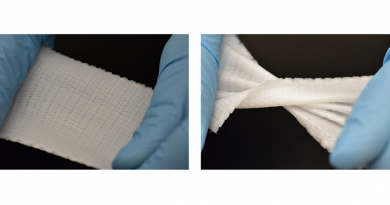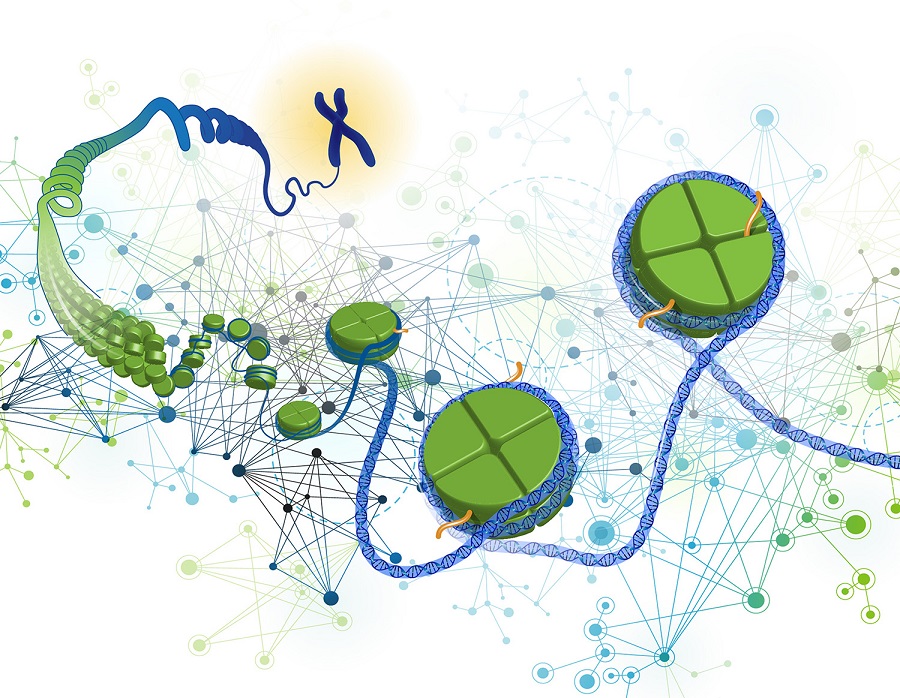Image of the Month: An activated human NK cell

NK or natural killer cells are members of the immune system critical for the control of viral infections and cancer. Research at the Emily Mace lab at Baylor College of Medicine focuses on understanding the molecular signals that promote NK cell development and how these processes malfunction in human disease.
“We gain further insight into the signals that drive human NK cell development through the identification of genetic causes of NK cell deficiency,” said Mace. “This has led to the discovery of previously unknown requirements for NK cell maturation and launched both basic and translational research into proteins such as the transcription factor GATA2, a leading cause of myelodysplastic syndrome in young adults and a critical regulator of NK cell development.”
Dr. Emily Mace is an assistant professor of pediatrics-allergy & immunology at Baylor College of Medicine.
For more information about the research conducted in the Mace lab, visit its website.



